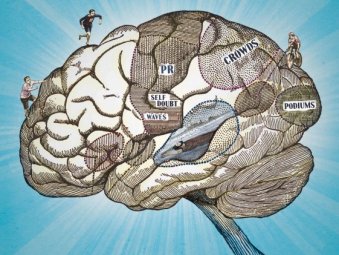
As youth sports psychology experts, we often work very closely with parents and coaches when we provide mental coaching for young athletes. Parents and coaches who are knowledgeable about "mental game" challenges and strategies are better equipped to instill confidence in their young athletes.
If you are a sports parent or coach, you'll want to learn how to improve your athletes' mental game so they can get the most out of their skills in competition.
Here's just one example of how coaches and parents can improve athletes' mental toughness using proven mental game strategies.
Sports Psychology Tip No.1: Lower Expectations
You might not know that coaches' and parents' high expectations for their kids can cause kids to feel pressured. Parents and coaches sometimes impose their own expectations on their kids, with the intended goal of boosting kids' confidence. But often, this has the opposite effect.
When working with softball and baseball parents, for example, we help parents and athletes understand that strict expectations-parents' demands about how their kids should perform-actually hurt kids' performance.
Athletes who have high levels of self-confidence end up in the winner's circle. You want your athletes to feel fully confident at game time. That means you need to keep your expectations in check. Parents' and coaches' overly high expectations can cause athletes to focus too much on the results. This often makes them feel frustrated, especially when they are not performing up to their (and your) standards.
Sports Psychology Tip No.2: Watch What You Say
Here's how it works: Parents and coaches, in their sincere efforts to be supportive, often say things that kids interpret as expectations. For example, a softball parent, with good intentions, might say to an athlete, "You should go 4-for-4 at the plate against this pitcher today."
At first, you might think this sounds supportive. It's what parents should say to improve athletes' confidence, right? Wrong.
Many athletes do not interpret such well-meaning input this way. In fact, we have found that young players interpret such statements in surprising ways.
Some athletes might think they need to be perfect at the plate and get a hit every time at-bat, and if they don't they are letting down the parent or the coach.
Source: www.active.com
|
Golf: Beginners Guide, Golf Game, Golf Strategy, Sports Psychology & How To Play Golf (Golf Tips, Drive Further, Play Smarter, Break 90, Peak Performance) eBooks () |
You might also like:

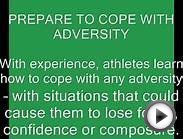
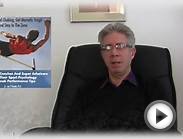



|
Sports Training Mobile Application (Bliss Apps)
|
|
Golf: ($1000+ WORTH OF FREE BONUSES INSIDE- Beginners Guide, Golf Tips, Peak Performance, Play Better & Break 90 ((Newly updated 08/26/15) Golf Instructions, ... Tips, Strategies, Golf For Beginners,) eBooks () |
|

|
Better Snooker: Improve Your Game and Gain the Advantage, Self Hypnosis Hypnotherapy CD Music (Advanced Hypnosis)
|


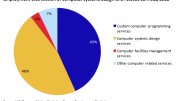


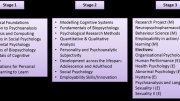
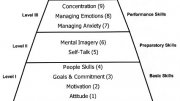


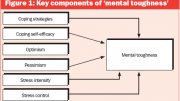





 Bayside Comprehensive School, or simply Bayside, is a boys' comprehensive school in the British overseas territory of Gibraltar. It is one of two secondary schools for boys in Gibraltar and covers year 8 to year 13 (age 12 to 18).
Bayside Comprehensive School, or simply Bayside, is a boys' comprehensive school in the British overseas territory of Gibraltar. It is one of two secondary schools for boys in Gibraltar and covers year 8 to year 13 (age 12 to 18). Ruhr University Bochum (German Ruhr-Universität Bochum, RUB), located on the southern hills of central Ruhr area Bochum, was founded in 1962 as the first new public university in Germany since World War II. Instruction began in 1965.
Ruhr University Bochum (German Ruhr-Universität Bochum, RUB), located on the southern hills of central Ruhr area Bochum, was founded in 1962 as the first new public university in Germany since World War II. Instruction began in 1965.